Denver Public Adjuster: Your Local Advocate for Fair Property Insurance Settlements
.svg)
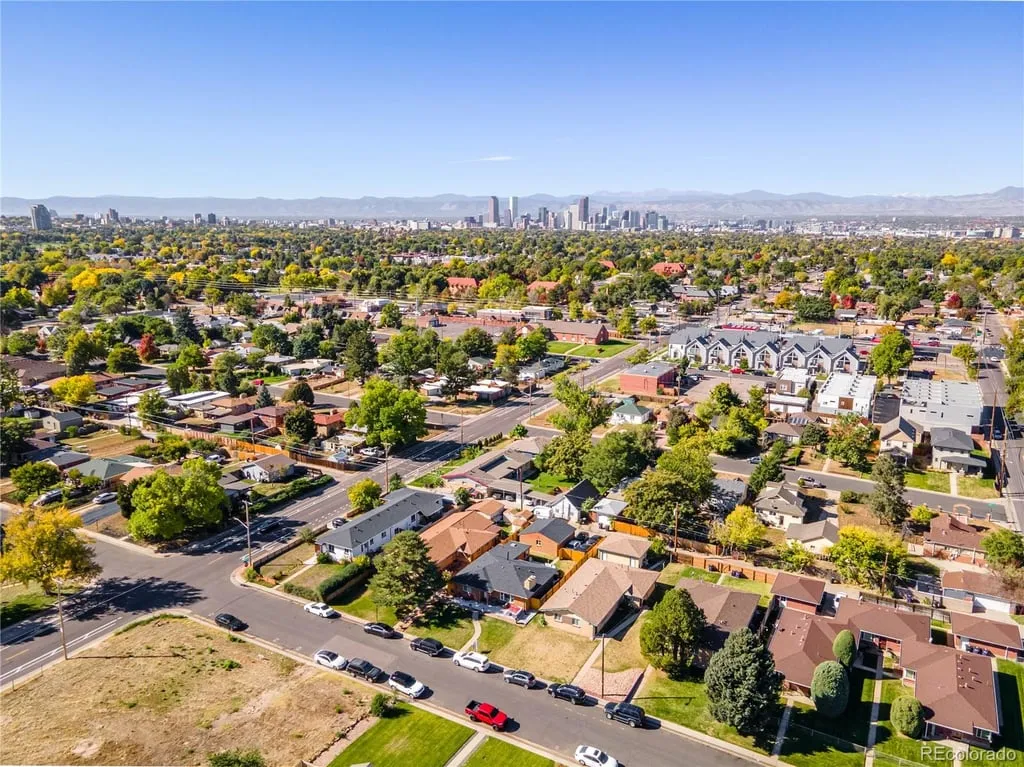
Why Working With a Denver Public Adjuster Changes Your Claim Outcome
When a hailstorm hammers your Denver neighborhood, a pipe bursts during a cold snap, or an electrical issue sparks a kitchen fire, your first concern is safety and stopping further damage. Once the immediate crisis settles, you turn to your insurance policy, expecting it to step in and make things right. This is the moment many policyholders discover that the insurance claim process is far more complicated—and far less friendly—than they imagined. That is exactly where a Denver public adjuster becomes critically important.
A Denver public adjuster is a licensed insurance professional who works exclusively for you, the policyholder, rather than for the insurance company. Your carrier will send its own adjuster or third-party inspector to look at the damage, but that person is paid by the insurer and trained to protect the company’s financial interests. Their job is to interpret your policy, scope your loss, and recommend a payment in a way that keeps claim costs under control. A Denver public adjuster is on the opposite side of that equation: their duty is to protect your financial recovery and to seek the maximum fair settlement within the terms of your policy.
Denver is not an easy place for buildings to age gracefully. The combination of high altitude, strong sun, sudden temperature swings, intense hailstorms, wind events, and winter freezes creates a perfect storm of stress on roofs, siding, windows, and mechanical systems. Roofs that might last decades in milder climates can wear more quickly here. Plumbing is at risk when temperatures plummet. Ice dams and freeze–thaw cycles can open pathways for water to infiltrate walls and ceilings. A Denver public adjuster understands how these local conditions interact with your property and your policy, and they use that understanding to ensure that storm and water damage is not dismissed as mere wear and tear.
Insurance policies add another layer of complexity. They are not written in plain language; they are contracts filled with definitions, exclusions, endorsements, and conditions that can dramatically affect how your claim is handled. Whether your roof is paid on replacement cost or actual cash value, whether cosmetic hail damage is limited, whether water backup is covered, and whether code upgrades for things like ventilation or insulation are included are not trivial details. They are the rules that determine how much money you will actually receive. A Denver public adjuster reads this language from your perspective, identifies all of the coverage that should apply, and challenges interpretations that unfairly reduce or restrict payment.
The timing and volume of claims in Denver also work against policyholders. After a major hailstorm or severe freeze, thousands of claims may be filed around the city at the same time. Company adjusters are pushed to move quickly, write lean estimates, and close files. That can mean short roof inspections, limited interior checks, and initial estimates that focus on obvious, surface-level damage while missing more subtle but important issues. A Denver public adjuster slows that process down for you, insisting on thorough documentation and a complete understanding of the loss before serious settlement discussions take place.
Most importantly, having a Denver public adjuster on your side gives you back a sense of control. Instead of trying to make sense of estimates, depreciation calculations, and policy language on your own, you have a professional explaining what is happening and what it really means for your home or business. The claim stops feeling like a one-sided process run entirely by the insurer and becomes a structured negotiation in which you have a knowledgeable advocate at the table.
What a Denver Public Adjuster Actually Does During Your Claim
Many policyholders assume a Denver public adjuster will simply “argue with the insurance company.” In reality, the work is much more detailed and disciplined than that. A skilled public adjuster manages nearly every technical and strategic element of your property claim, from the earliest fact-finding to the final payment.
The process usually begins with a comprehensive intake and policy review. A Denver public adjuster will ask you to walk through what happened, when you first noticed the damage, what steps you took to mitigate further loss, and what communication you have already had with the insurer. They will review any estimates or payments you have received so far. Then they obtain and analyze your full policy, including declarations, base forms, and all endorsements. The goal is to understand exactly what coverage you bought, what deductibles and limitations apply, and what deadlines or conditions you must meet to preserve your rights.
Next, the Denver public adjuster conducts a detailed inspection of your property. For a hail claim, that means climbing the roof, checking each slope, examining soft metals, and looking at gutters, downspouts, siding, decks, fences, and exterior fixtures for impact damage. For a water loss, they will inspect ceilings, walls, floors, cabinetry, and structural elements, often using moisture meters or other tools to uncover damage that is not visible at a glance. For a fire claim, they will study not only the burned area but also smoke migration, soot deposits, and lingering odor in other rooms, ductwork, and contents.
From this inspection, the Denver public adjuster develops a comprehensive repair estimate. They use specialized estimating software common in the insurance industry, but they input local Denver labor rates, realistic material costs, and the full scope of work needed to restore the property properly. That scope includes demolition, debris removal, cleaning, deodorization, drying, reconstruction, and finish work. If code upgrades are required—such as additional roof ventilation, ice and water shielding, or updates to electrical or plumbing systems—they factor those into the estimate where supported by ordinance and law coverage in your policy.
The public adjuster also gathers and organizes all supporting documentation. That includes photos, videos, contractor proposals, engineering reports where appropriate, invoices from emergency mitigation, receipts for damaged personal property or business contents, and any other evidence that ties damage directly to the covered event. For businesses, a Denver public adjuster may also compile financial records, sales histories, and expense documentation to support claims for business interruption or extra expense.
Once the estimate and documentation are ready, the Denver public adjuster prepares a formal claim package or supplemental demand. This is not just a stack of paperwork; it is a structured presentation that explains how the loss occurred, why it is covered, what damage has been identified, and what it will cost to fix correctly. It references specific policy provisions and provides a clear narrative that supports each category of claimed damage and expense.
After the insurance company reviews this submission, negotiations begin. The insurer may respond with revised estimates, questions about certain line items, or arguments that some damage is pre-existing, cosmetic, or otherwise not covered. A Denver public adjuster reviews these responses carefully, line by line, to identify where the insurer’s position is inconsistent with the policy or incomplete in light of the actual damage. They reply with additional evidence, technical explanations, or refinement of their own estimate, always with an eye toward preserving the integrity of the claim and maximizing the settlement.
Joint inspections are common in this phase. When the insurer’s adjuster revisits the property, the Denver public adjuster is there too, walking the roof, examining interiors, and highlighting damage that may have been missed or undervalued. They explain why certain repairs are necessary, reference manufacturer specifications or building code requirements, and challenge attempts to minimize the scope of work.
If the insurer still refuses to pay a fair amount, the Denver public adjuster may recommend using the appraisal clause in your policy, which brings in independent appraisers and an umpire to set the amount of loss. In more contentious situations, they may suggest consulting with legal counsel. While a public adjuster is not an attorney, the thorough claim file they build makes it far easier for a lawyer to evaluate and pursue any potential bad-faith issues.
Throughout all of this, the Denver public adjuster keeps you informed. They explain what each letter means, why the insurer is pushing back on certain items, and what options you have at each decision point. Instead of being left to guess whether you should accept an offer or keep fighting, you have a professional strategist laying out the pros and cons and helping you make an informed choice.
Common Denver Claim Scenarios Where a Public Adjuster Makes the Biggest Difference
Property losses in Denver tend to follow certain patterns because of the region’s climate, building stock, and infrastructure. A Denver public adjuster spends most of their time dealing with these recurring scenarios and has a clear understanding of where claims tend to go wrong—and how to correct course.
Hail damage is the most obvious example. After a major storm, entire neighborhoods can be affected, from older bungalows and mid-century homes to newer subdivisions and commercial centers. Roofs, gutters, siding, windows, and exterior fixtures may all sustain varying degrees of impact. Insurance companies, flooded with claims, often move quickly to categorize some damage as cosmetic and limit payouts accordingly. A Denver public adjuster knows how to document functional hail damage, such as bruised shingles, cracked tiles, or compromised membranes, and how to argue that partial patching is not an adequate solution when damage is widespread across slopes.
Frozen pipe claims are another common scenario. Denver’s cold snaps can be sudden and severe, and a few hours of exposure can cause pipes in exterior walls, crawlspaces, or unconditioned areas to burst. Water can pour into finished living spaces, basements, and mechanical rooms, saturating building materials and contents. Company estimates for these losses often focus on obvious repairs and overlook hidden moisture, potential mold issues, and the true cost of proper mitigation. A Denver public adjuster treats water damage as a building-wide issue, ensuring that drying, removal of affected materials, and reconstruction are all scoped thoroughly.
Fire and smoke losses, whether from cooking accidents, electrical problems, or heating equipment, can also benefit greatly from a public adjuster’s involvement. Smoke does not respect room boundaries; it travels through ductwork, penetrates porous surfaces, and settles in hidden spaces. Insurers may propose cleaning limited areas while ignoring hard-to-reach zones or sensitive contents that need specialized treatment. A Denver public adjuster coordinates with qualified restoration vendors, evaluates test results, and pushes for cleaning and replacement that address the full impact of smoke and soot, not just the immediately visible damage.
In multifamily and urban properties—condos, townhomes, and mixed-use buildings—claims become even more complex. A water leak in one unit may affect ceilings and walls in several units below. Common elements, shared systems, and association responsibilities enter the picture. The master policy, unit owner’s policy, and sometimes a tenant’s policy may all be involved. A Denver public adjuster understands how to navigate these overlapping coverages, coordinate with associations, and ensure that damage to both common and private areas is documented and allocated properly.
Commercial claims in Denver present another layer of difficulty, especially when business interruption is involved. A restaurant closed after a kitchen fire, a retail shop shut down because of water damage, or an office building disrupted by repairs all face not only physical damage but also loss of income and ongoing expenses. Insurers often challenge projections for lost revenue or dispute the length of the restoration period. A Denver public adjuster experienced with commercial claims helps assemble financial records, track extra expenses, and frame business interruption claims in a way that aligns with policy language and real-world operations.
Even high-value and historic homes in Denver pose unique challenges. These properties may have custom millwork, original windows, plaster walls, specialty roofing, and other features that are more costly and more difficult to repair or replace. Standard insurer estimates may assume modern, builder-grade materials that are far cheaper than what is actually present. A Denver public adjuster advocates for repair methods and replacement materials that truly restore the character and value of these homes, not just the cheapest viable substitute.
In each of these scenarios, the common thread is that Denver public adjusters see beyond the quick, surface-level evaluations that often form the basis of insurer estimates. They understand how local weather and building practices create long-term consequences when damage is minimized or partially addressed, and they use that understanding to push for settlements that reflect the true cost of proper restoration.
How to Choose the Right Denver Public Adjuster for Your Claim
Once you recognize the value of having a Denver public adjuster on your side, the next step is selecting the right one. This is not a decision to take lightly. You are trusting someone with a significant part of your financial future, and the quality of their work will directly impact your ability to repair and restore your property.
First, confirm licensing and standing. A Denver public adjuster must hold a valid public adjuster license for Colorado. You should feel entirely comfortable asking for license information and verifying it. A reputable professional will present their credentials openly, explain their background, and welcome your due diligence.
Experience with Denver-specific claims should be a major factor. Ask potential adjusters what kinds of losses they handle most frequently. Have they worked extensively on hail claims across the metro area? Do they understand freeze-related water losses, urban multifamily claims, and commercial property damage in Denver’s business districts? Listen for specific examples rather than vague generalities. A seasoned Denver public adjuster will be able to describe past claims, challenges that arose, and how those claims were ultimately resolved.
Local knowledge is also crucial. Denver has its own labor market, building styles, and code requirements. A public adjuster who routinely works here will know how local contractors price their work, what materials are commonly used, and how building departments tend to interpret and enforce codes. That practical insight makes their estimates more realistic and their negotiations with insurers more grounded in actual conditions.
Communication style and professionalism matter more than many people realize. During your initial conversations, pay attention to whether the Denver public adjuster explains things clearly, listens to your concerns, and sets realistic expectations. You should feel that they respect your situation and are willing to take the time needed to answer your questions. Claims can take months to resolve; you will be interacting with this person regularly, so mutual trust and clear communication are essential.
Understand the fee structure before you sign anything. Most Denver public adjusters work on a contingency fee basis, taking a percentage of the settlement they help secure. Make sure you know what that percentage is, whether it applies only to new money obtained beyond what has already been offered, and how any expenses are handled. The agreement should be in writing, easy to read, and fully explained. If something does not make sense, ask for clarification until it does.
It is also worth asking about support resources and professional relationships. Larger or more complex claims may require input from engineers, roofing consultants, industrial hygienists, or accountants. A well-established Denver public adjuster usually has a network of reliable experts they can bring in when technical questions arise. These expert opinions can significantly strengthen your position when the insurer disputes scope, cost, or causation.
In the end, trust your instincts. After talking with a prospective Denver public adjuster, ask yourself whether you feel more confident about your claim or more uneasy. Do you feel heard and respected, or pressured and rushed? You are choosing someone to stand between you and a powerful insurance company. The right adjuster will leave you feeling supported, informed, and ready to move forward, not uncertain about the path ahead.
Conclusion
When property damage strikes in Denver—whether from hail, frozen pipes, fire, or another sudden event—the path from chaos back to normal runs directly through the insurance claim process. Unfortunately, that process is complex, technical, and often tilted in favor of the insurer. Policy language can be interpreted in narrow ways, inspections can be rushed, estimates can be lean, and settlement offers can fall far short of what you truly need to repair your home or business. A Denver public adjuster exists to change that balance. By combining deep knowledge of local weather and construction, detailed policy analysis, meticulous documentation, and skilled negotiation, a Denver public adjuster turns a confusing, one-sided experience into a structured, fairer conversation about what your loss is really worth. Instead of facing the insurer alone, you have a dedicated advocate whose sole focus is your recovery and your rights under the policy you have been faithfully paying for. For homeowners, landlords, and business owners across the Mile High City, that kind of representation can be the difference between barely getting by after a loss and being fully equipped to rebuild and move forward with confidence.



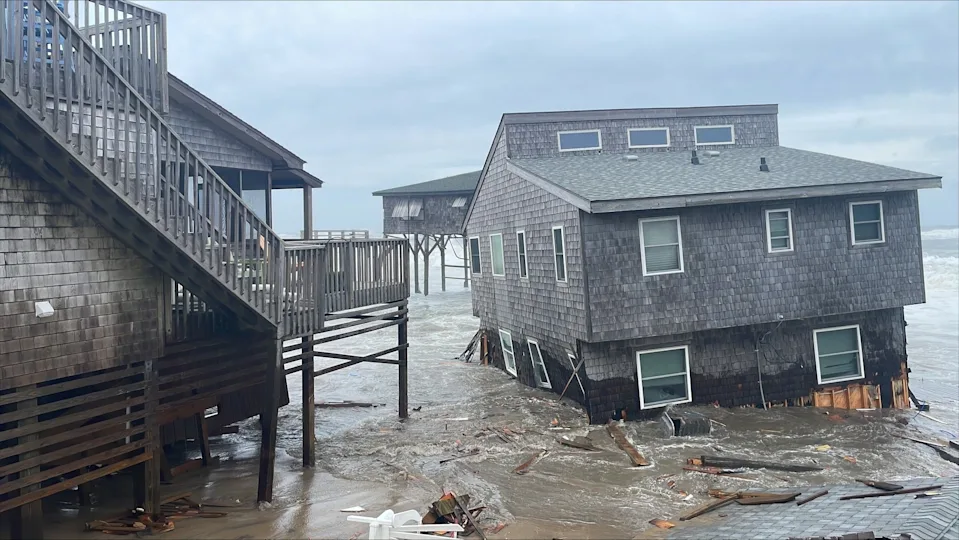
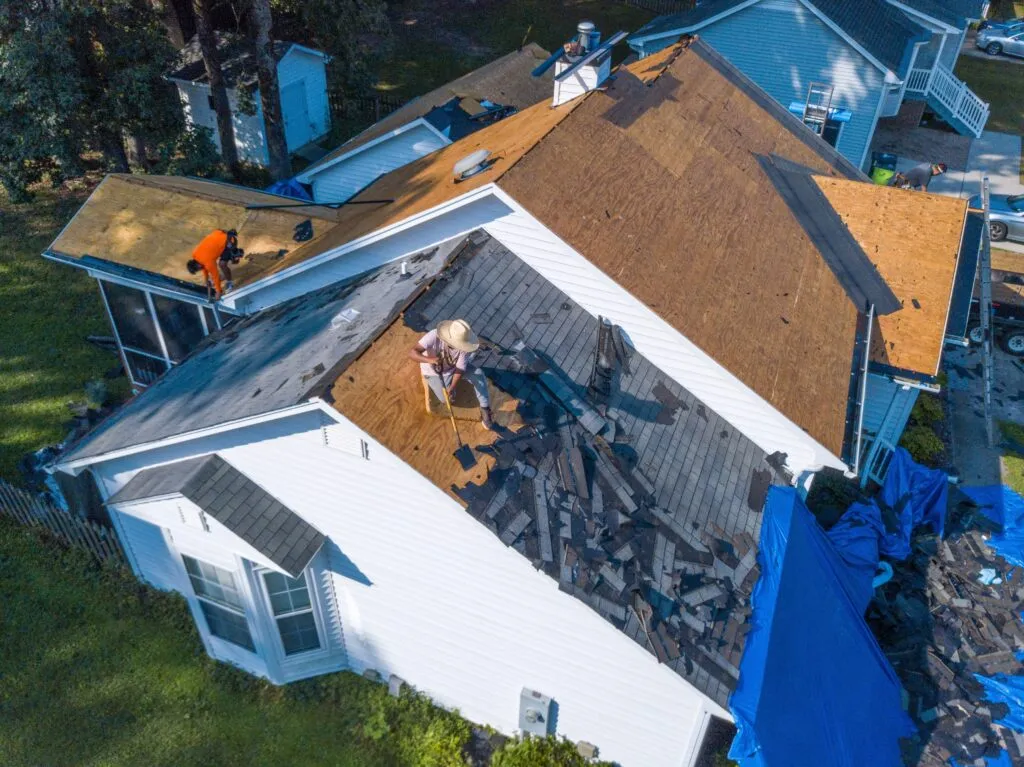

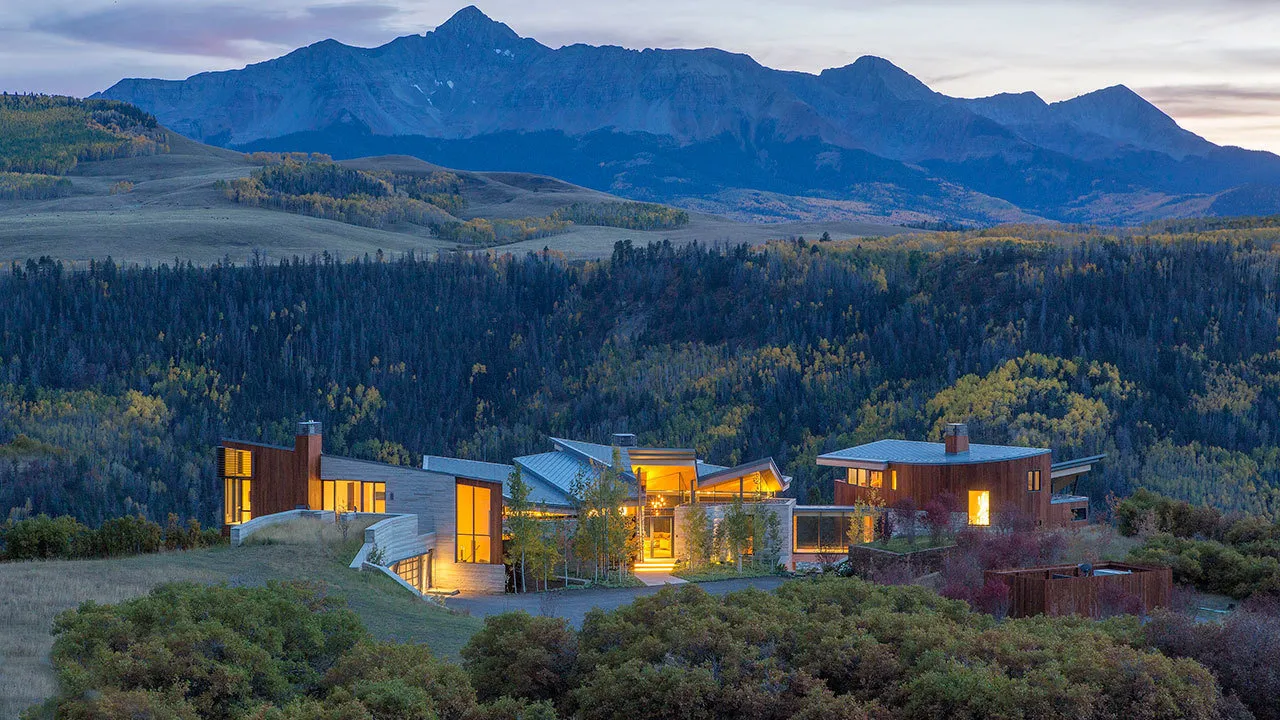
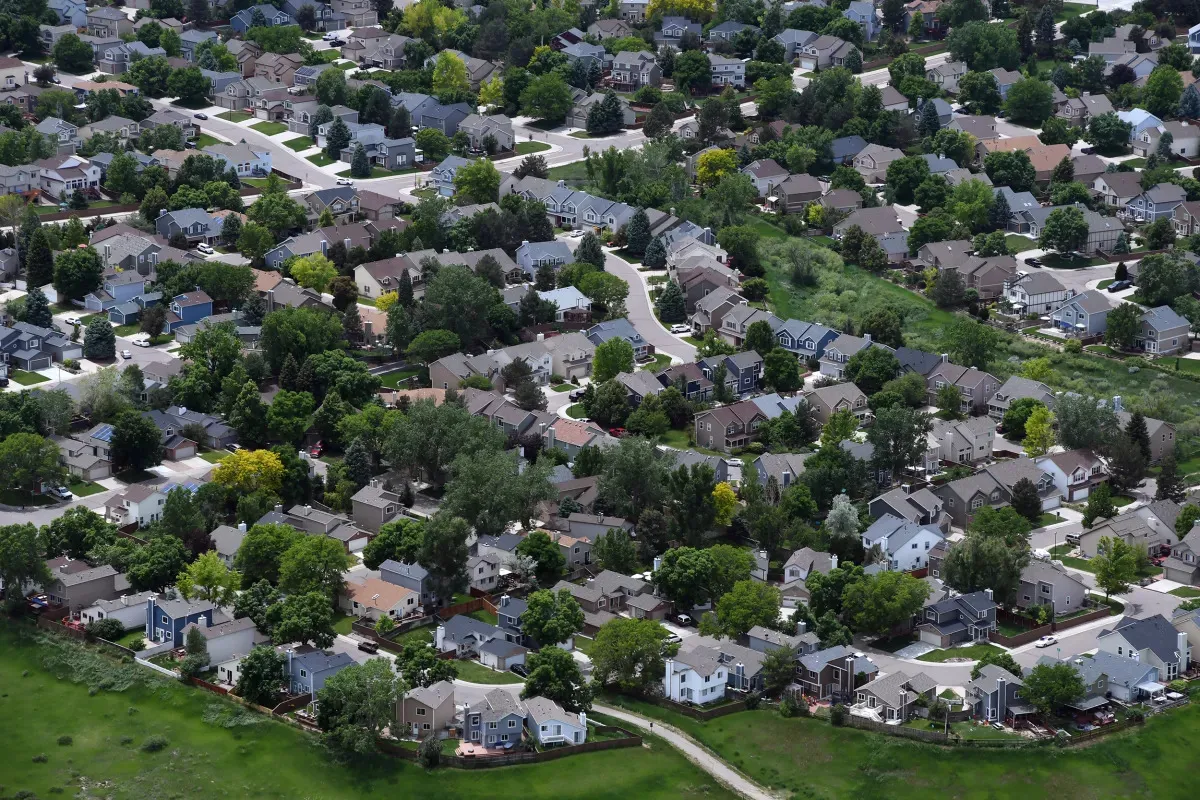
.webp)
.svg)